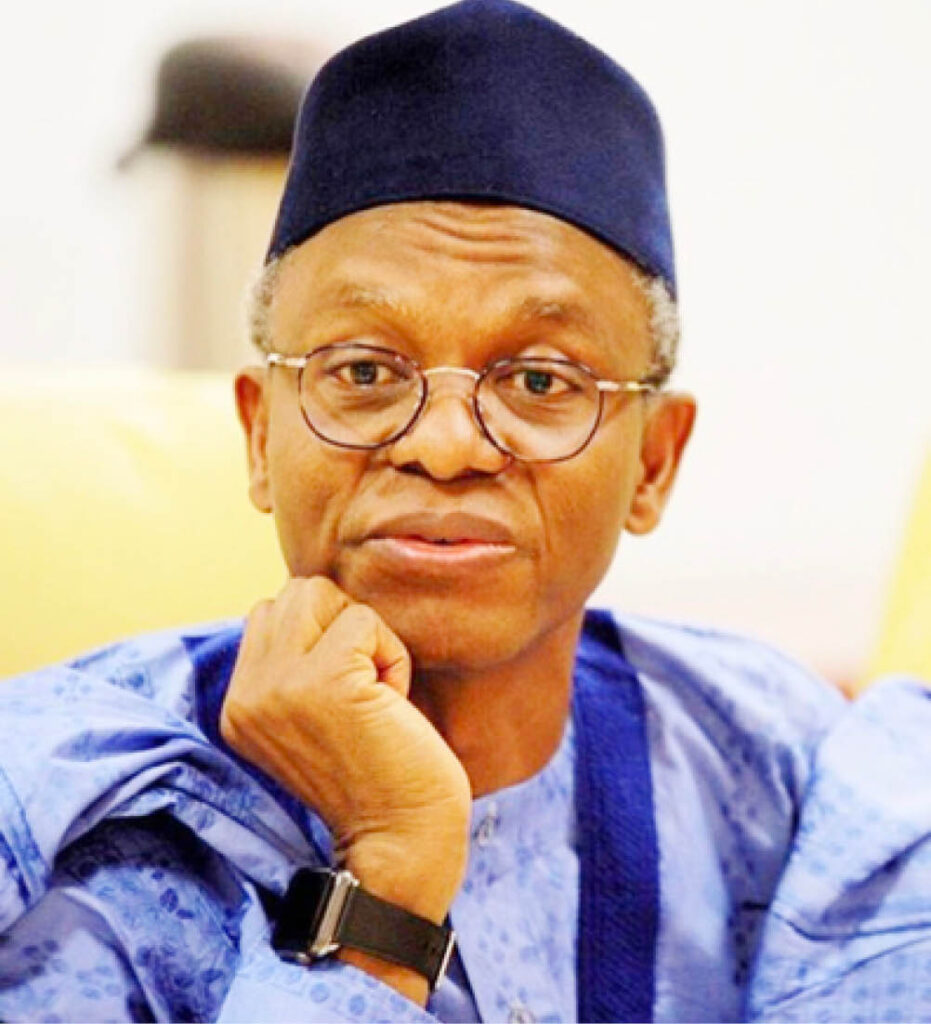By Abdul Lauya
The Social Democratic Party (SDP) has expelled former Kaduna State governor, Nasir El-Rufai, and slammed a 30-year ban on his participation in party affairs, marking a dramatic turn in the politician’s post-APC ambitions and potentially redrawing the map of opposition politics ahead of the 2027 general election.
In a statement issued on Sunday by its National Working Committee (NWC), the SDP accused El-Rufai of forging membership credentials, bypassing due process in his self-registration, and attempting to hijack the party for a personal political agenda.
“He is neither a member nor a representative of the SDP. His self-registration as member number 001 of Unguwar Sarki Ward, Kaduna, is fraudulent and invalid,” the statement read.
The expulsion followed weeks of internal wrangling, public disavowals, and conflicting declarations from the party’s national and zonal organs.
While the SDP’s national secretary initially appeared conciliatory, suggesting any discrepancies might be procedural, the Kaduna State chapter firmly disowned El-Rufai, citing an absence of proper ward-level registration.
The final blow came as reports surfaced alleging that El-Rufai had attempted to drag the SDP into a still-gestating opposition coalition anchored by the African Democratic Congress (ADC), without the blessing of SDP leadership.
The party denounced the move as a breach of autonomy and a calculated hijack attempt.
El-Rufai’s defection from the All Progressives Congress (APC) in March 2025 was painted as a principled stand against a party he said had lost its progressive soul. But within the SDP, his presence sparked backlash.
Youth groups staged protests; internal divisions flared; and party loyalists accused him of seeking to exploit SDP structures for a personal presidential bid.
Now expelled, El-Rufai finds himself politically homeless, at least in the short term. His credibility among third-force movements, already under scrutiny, is further strained by what many analysts interpret as a failed gamble to dominate an ideologically fragile party from the top-down.
The development sends ripples through Nigeria’s opposition bloc. El-Rufai had emerged as a potential unifier in a crowded field of would-be contenders seeking to rally smaller parties into a mega-coalition against the ruling APC. That calculus is now disrupted.
Observers say the ADC, which has been exploring partnerships with disaffected power players, may still provide El-Rufai with a soft landing.
But the optics of rejection from the SDP, once touted as a “clean-slate” platform, could dull his reformist appeal.
For the SDP, the expulsion serves as a public assertion of autonomy but also lays bare internal fractures.
Party insiders confirm to Eye Reporters that its National Executive Committee (NEC) may now move to dissolve the current NWC for mishandling the El-Rufai affair, suggesting deeper turbulence ahead of 2027.
El-Rufai’s brief and bruising detour through the SDP underscores a broader dilemma facing Nigerian politics: charismatic defectors often clash with institutional boundaries in parties that are ill-prepared, or unwilling, to cede control.
It is a cautionary tale of ambition colliding with party identity in a hyper-fluid political landscape.
As 2027 draws near, the question remains: will El-Rufai find another platform robust enough to contain his aspirations, or has his political capital begun to dim in the very opposition circles he sought to lead?


